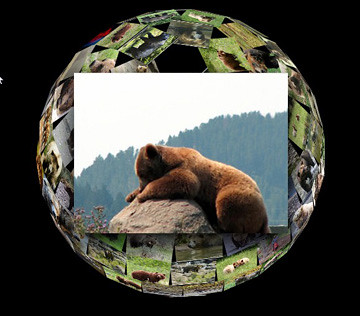“These Kids Syndrome”–the tendency to explain away the shortcomings and failures of our education system by saying that “these kids can’t learn”; or “these kids don’t want to learn” or “these kids are just too far behind.” And after awhile, “these kids” become somebody else’s problem. And this teacher looked at me and said, “When I hear that term it drives me nuts. They’re not ‘these kids.’ They’re our kids. All of them.” (Obama, 2008)

While I was reading chapter 5 of Wikinomics (in one class) and learning about constructivism and Blooms Taxonomy (in another class), I stumbled upon a conversation of a consortium in SE MN that is looking at developing a charter school due to declining enrollment. One of the links that was included, to make the case, was a video of a charter school in Minnesota that is totally project based. There are no schedules, there are no bells. Students are completely in charge of their learning! Their adviser (aka teacher) is a learning resource consultant and provides individual two way communication with the students vs the sage on the stage one way communication of the traditional industrial aged classroom. The schools are governed by majority of teachers vs administrators and traditional school boards.
The classroom pedagogy as you and I know it, is completely thrown out the window. The customers, the students, are also co-innovators and creators of their curriculum. They are required to develop projects based on the standards of our state. They learn about things that are meaningful to them. They are creative and engaged with their learning environment because the work they have chosen is authentic and relative to their personal goals and aspirations.
I was excited to see this topic of discussion because I was able to merge two areas of my current studies into a very relavent problem we face in our schools. Our traditional schools are losing students (and funding) to online schools, PSEO, open enrollment, home schooling, and dropouts…
Isnt it time we rethink the way we do school business and deliver education?
At what point will we no longer have a choice?




 I have decided to do a little reading this summer and picked up a book called
I have decided to do a little reading this summer and picked up a book called 
